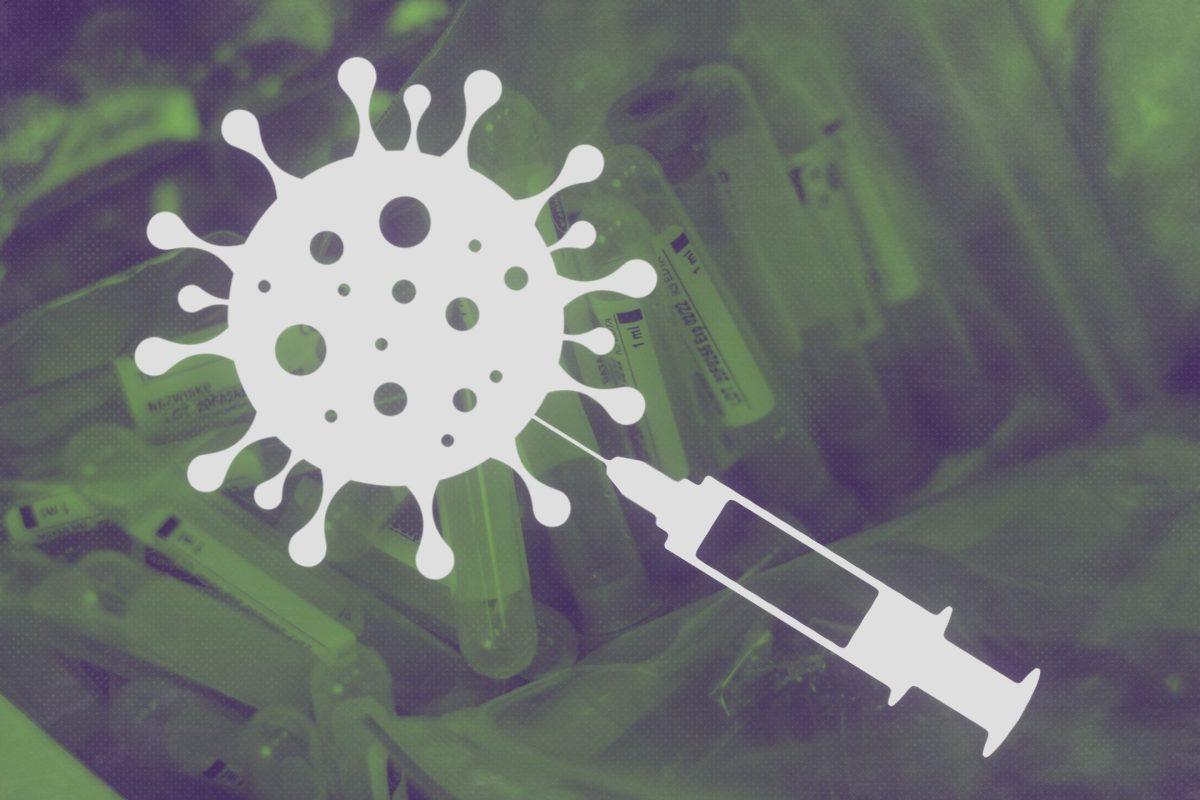As a new semester begins, COVID-19 is still on students’ minds. With new variants on the rise and a loosening of many protocols, the newly renamed Campus Health is still working to protect students, faculty and staff.
Last year, NC State experienced a variety of changes to its COVID-19 protocol. Fall 2021 semester began with weekly testing for unvaccinated members of campus and face coverings required in most public indoor spaces. Close contact tracing was in place, which meant classmates of an infected student would be notified and were asked to get tested.
In a return to spring 2022 semester, all unvaccinated members of campus and those living on campus or in Greek Village were required to get tested and test negative before moving in. As of February, unvaccinated community members were no longer required to participate in weekly testing. In the same month, face coverings were no longer required except in classrooms, laboratories, Wolfline buses, clinical settings and for campus food service workers. In March, face coverings were dropped for everywhere but clinical spaces and Wolfline buses. Going into the fall semester, many of these requirements no longer exist.
Tyler Pearce, assistant director of Campus Health, said Campus Health is still watching trends across the globe to see how they may affect the U.S., North Carolina and NC State.
“We typically will see if there are new variants or waves that are coming about that will happen in those countries, historically, before they happen in the US,” Pearce said. “And throughout COVID, it’s usually been a couple of months before a wave or a new variant becomes very predominant in the U.S.”
On Aug. 11, the Centers for Disease Control and Prevention announced new changes to COVID-19 protocols, including an end to quarantining after exposure and recommending an end to screening testing. According to Pearce, because Campus Health is a vaccine provider, they have to follow the guidance of the CDC and the North Carolina Department of Health and Human Services.
“We ended our quarantine procedures late in the spring semester last academic year at the guidance of North Carolina Department of Health and Human Services, so it’s not like we are changing much as far as quarantine goes, we are still isolating positive cases,” Pearce said. “So if someone tests positive, we request that they either stay at a permanent residence off campus, whether that be with family or friends or wherever. We still do have a very limited number of on-campus isolation spaces. Those are mostly for like, individuals who might be immunocompromised or at risk of severe disease, things like that.”
Campus Health is still taking many measures to ensure the safety of NC State, including continued voluntary testing across campus. Testing is no longer required in any case, including for moving back to campus.
“We will be offering testing four days a week, around campus at various locations,” Pearce said. “Currently, throughout the summer, we’ve done somewhere in the neighborhood of about 70 to 100 tests per day, and I would expect that number to increase as the campus population increases as folks move back on campus.”
However, there is no requirement to receive any on-campus testing; weekly surveillance testing for unvaccinated students ended in fall 2021 and will not be reinstated. There is no requirement to be vaccinated against COVID-19 for NC State students, faculty and staff.
“There are no COVID vaccine requirements for campus,” Pearce said. “It’s not a required vaccine by the state of North Carolina or the University. It’s just a very highly recommended vaccine.”
Campus Health is still offering vaccination services for both initial shots and boosters.
“We are also offering vaccinations, which medically are the best case prevention as far as getting severely sick or hospitalized, things like that,” Pearce said. “If there is a new booster recommendation or a new vaccine product that comes out, we will also be available for students, staff and faculty to receive that new booster or a new vaccine product.”
According to Pearce, there are also no masking requirements anywhere on campus except for Campus Health, but are once again highly recommended.
“We’re highly recommending anyone who comes into Campus Heath and recommending to any person who goes in door settings or large groups of people or events or anything like that, we’re still recommending that folks wear masks,” Pearce said. “But like I said, it is not a requirement. As you’ve probably seen around campus, all of the required masking signs and most of the social distancing signs, things like that have been removed from campus”
The University is steering students towards personal preparedness, according to Pearce. This means students will be the ones making decisions about their health, not the University.
“Thinking about things like as you come onto campus, ‘If I were to test positive, what am I going to do at that point?’” Pearce said. “Having conversations with maybe your roommate, if your roommate tests positive? ‘Am I going to leave? Are you going to have the ability to leave?’ Just making sure that you pre-think those types of things through and have a plan for what you’re going to do.”
Pearce doesn’t anticipate change in regards to campus COVID-19 protocols.
“There aren’t really any specific COVID requirements right now,” Pearce said. “I don’t think that they could get much looser, and I don’t anticipate them getting much stricter unless there is some new variant that starts to have very heavy health impacts on our society and campus.”
For more information on COVID-19 and to stay up to date with Campus Health, visit Protect the Pack.













